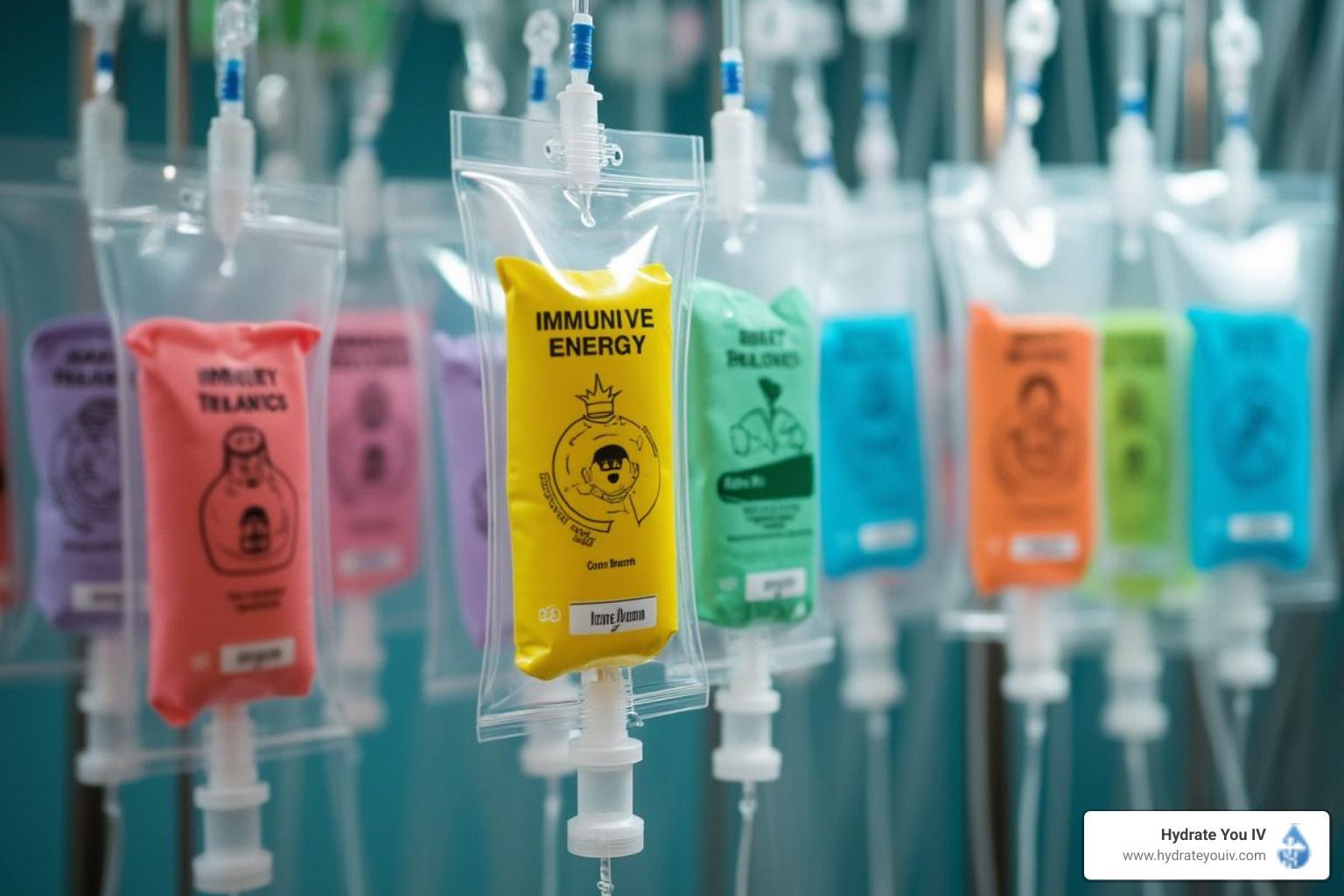Vitamins for Radiant Skin: Achieve a Healthy, Glowing Complexion
Healthy Skin: Best Vitamins for a Radiant Complexion

Achieving healthy, glowing skin is a common goal for many individuals. The skin, as the body's largest organ, is significantly influenced by what we put into our bodies. Vitamins play a crucial role in maintaining skin health and enhancing its appearance. In this article, we will explore the essential vitamins that contribute to a radiant complexion and learn how to effectively incorporate them into our skincare routines.
Understanding the Role of Vitamins in Skin Health
Vitamins are organic compounds that are vital for various biological functions, including skin health. Each vitamin serves unique roles in maintaining skin structure, function, and appearance. By understanding what each vitamin does, you can make more informed choices about your skincare products and dietary habits.
The Science Behind Vitamins and Skin
Scientifically, vitamins are classified into two groups: fat-soluble (A, D, E, K) and water-soluble (B vitamins, C). The skin requires these vitamins for cellular repair, collagen production, and protecting against environmental damage. For instance, antioxidants like Vitamin C help neutralize free radicals that can lead to premature aging. Additionally, Vitamin E works synergistically with Vitamin C to enhance its antioxidant effects, providing a double layer of protection against oxidative stress caused by UV rays and pollution.
Why Your Skin Needs Vitamins
Besides their protective roles, vitamins also aid in other essential processes that keep your skin looking youthful. They promote healing, reduce inflammation, and enhance the skin's natural barrier function. Without an adequate supply of these nutrients, skin can become dull, dry, and more prone to various skin issues. For example, Vitamin A is crucial for skin cell turnover, helping to shed dead skin cells and promote the growth of new ones, which is essential for maintaining a vibrant complexion. Furthermore, B vitamins, particularly B3 (niacinamide), are known for their ability to improve skin elasticity and even out skin tone, making them popular ingredients in many skincare formulations.
Moreover, the importance of vitamins extends beyond topical applications; they also play a significant role when incorporated into your diet. Foods rich in these vitamins, such as leafy greens, nuts, seeds, and fruits, can enhance skin health from the inside out. For instance, Omega-3 fatty acids found in fish and flaxseeds work in tandem with vitamins to reduce inflammation and keep the skin hydrated. This holistic approach to skincare emphasizes the need for a balanced diet, as the nutrients you consume can significantly impact your skin's overall appearance and resilience against aging.
Essential Vitamins for Glowing Skin
Several vitamins stand out when it comes to promoting a healthy and vibrant complexion. Incorporating these vitamins into your skincare routine and diet can make a remarkable difference in your skin's appearance.
Vitamin A: The Skin Renewal Booster
Vitamin A is renowned for its skin renewal properties. It promotes cell turnover, which helps to eliminate dead skin cells, enabling fresher skin to emerge. Retinoids, derivatives of Vitamin A, are commonly found in anti-aging products due to their proven effectiveness in diminishing fine lines and wrinkles.
Vitamin C: The Antioxidant Powerhouse
This powerful antioxidant helps to brighten the skin, reduce hyperpigmentation, and protect against sun damage. Vitamin C also boosts collagen production, which improves skin elasticity and firmness. Using a Vitamin C serum can visibly enhance your skin's glow.
Vitamin E: The Moisture Magnet
Vitamin E is well-loved for its hydrating and skin-protective properties. This vitamin helps to lock in moisture, making skin appear plumper and more youthful. It also plays a protective role against UV damage, especially when combined with Vitamin C.
Vitamin K: The Dark Circle Diminisher
If you're struggling with dark circles under the eyes, Vitamin K may be your go-to solution. Known for its ability to help reduce discoloration, Vitamin K is often paired with other ingredients to improve the overall appearance of the delicate skin around the eyes.
How to Incorporate Vitamins into Your Skincare Routine
Utilizing vitamins effectively in your skincare routine requires thoughtful choices in products and application techniques. Here are some tips to get you started.
Choosing the Right Vitamin-Enriched Products
Selecting products that are formulated with the right vitamins is crucial. Consider serums and creams that contain stable forms of vitamins, ensuring they retain their potency and effectiveness. Always check the ingredient list and look for products that are free from harsh chemicals that could counteract the benefits of these vitamins.
Balancing Different Vitamins for Optimal Skin Health
While it is tempting to load your routine with multiple vitamin-infused products, balance is vital. Overusing certain vitamins, particularly active ones like retinoids and Vitamin C, can lead to irritation. Start slow and consult with a dermatologist if you are unsure about how to introduce new products.
The Impact of Diet on Skin Health
Your dietary choices play a significant role in your skin's health. Consuming a balanced diet rich in vitamins can enhance your skincare efforts from the inside out.
Foods Rich in Skin-Boosting Vitamins
Incorporate foods such as carrots, sweet potatoes, citrus fruits, nuts, spinach, and green leafy vegetables into your meals. These foods are packed with essential vitamins that can nourish your skin and promote a radiant complexion.
The Importance of a Balanced Diet for Skin Health
A balanced diet not only provides you with the vitamins necessary for healthy skin, but it also supports overall well-being. Ensuring you get adequate hydration, fats, and proteins, alongside vitamins, helps maintain skin elasticity and minimizes signs of aging.
Common Misconceptions About Vitamins and Skin Health
Despite the wealth of information available, several misconceptions persist regarding vitamins and skin health. Understanding the truth can help you make better skincare decisions.
Debunking Myths About Vitamin Supplements
One common myth is that taking vitamin supplements guarantees flawless skin. However, while they can be beneficial, they should not replace a healthy diet. The body is better able to absorb vitamins from food sources than from supplements.
Understanding the Limits of Vitamins in Skincare
Another misconception is that topical applications of vitamins can solve all skin issues. While they are incredibly beneficial, they are not a panacea for skin concerns. Factors such as genetics, hormones, and overall skin type also play significant roles in skin health.
In conclusion, understanding the vital functions of vitamins in promoting radiant skin can empower you to make informed choices about your skincare products and dietary habits. By incorporating essential vitamins into both your skincare routine and diet, you can contribute to healthier, more radiant skin that reflects your overall well-being.











